Keywords: Toxicity; Efficacy; Chinese Medicine; Omics; Network Pharmacology; Network Toxicology; Bioinformatics Having multiple components, multiple effects and multiple targets and containing multiple active ingredients are important characteristics influencing the efficacy and toxicity of traditional Chinese medicine (TCM). Also, the scientific connotation and mutual relationships between the toxicity and efficacy of TCM are of worldwide interest. Recently, based on the application of some innovative strategies and methods, including omics technologies (e.g., genomics, transcriptomics, proteomics, and metabolomics), network pharmacology, network toxicology, and bioinformatics, great progress has been made in understanding the efficacy, toxicity, and mechanisms of action and material basis of TCM. This issue welcomes basic and translational reports on the efficacy, toxicity, and material basis of effective ingredients, single herbs and compounds of TCM. Publications in this issue aim not only to collect the emerging studies about the efficacy and toxicity of TCM but also to determine how this information might be used to discover novel herbal drugs and develop better therapeutic strategies.
Original Article
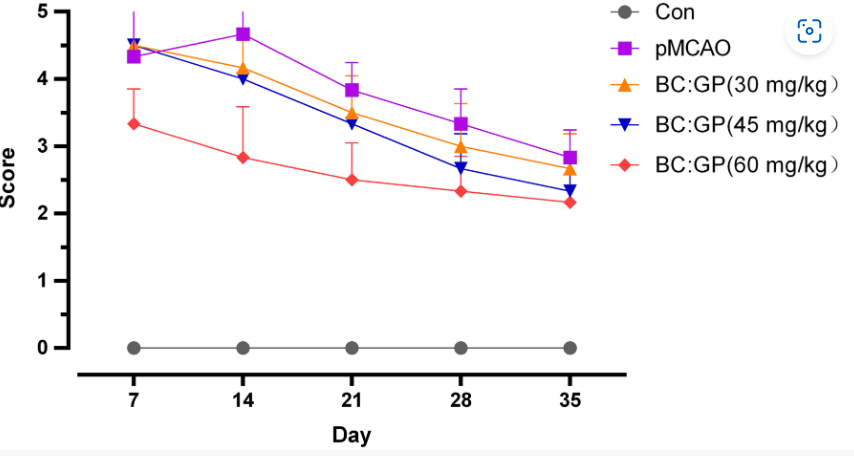
|
The Effects of Baicalin and Geniposide in Combination on Microglial Activation and 5-Lipoxygenase Expression in Rats during Recovery from Cerebral Ischemia
Yang Wang, Han Liu, Jie Wu, Lu Zhao, Hanghang Zhang, Qianqian Sun, Andong Zhao, Hongfang Zhang, Bin Wang
Published online: May 18, 2023
doi:10.14218/FIM.2022.00047
|
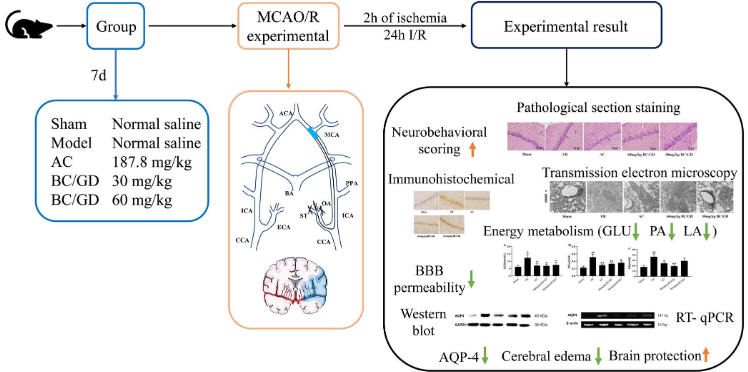
|
Combination of Baicalin and Gardenoside Mitigates Brain Damage by Lowering AQP-4 Expression Levels in Rat Model of Cerebral Ischemia/Reperfusion
Lu Zhao, Hanghang Zhang, Qianqian Sun, Andong Zhao, Chuan Wang, Jiping Liu, Bin Wang
Published online: January 31, 2023
doi:10.14218/FIM.2022.00036
|
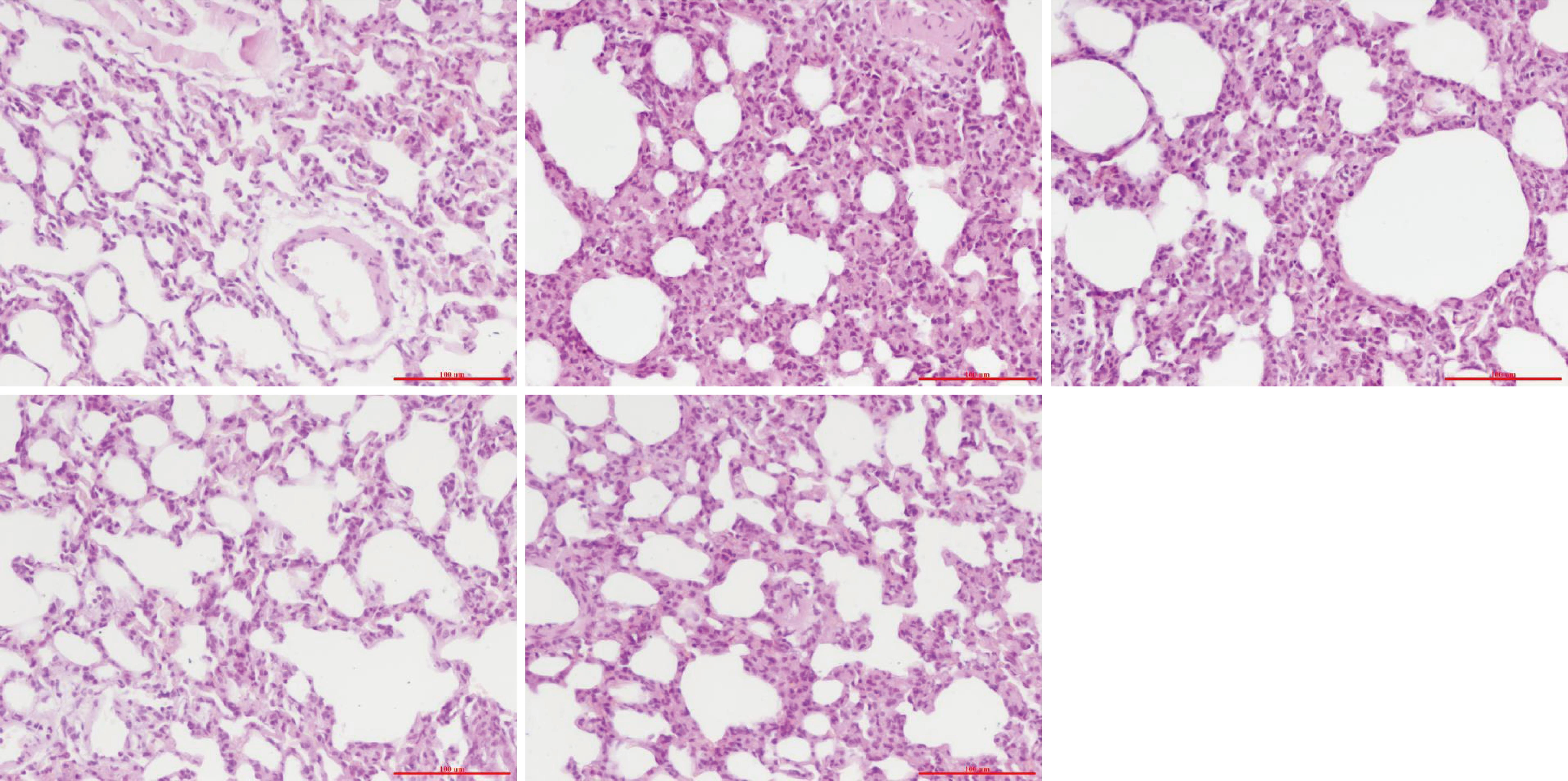
|
Interventional Effects of Grape Skin Extract against Lung Injury Induced by Artificial Fine Particulate Matter in a Rat Model
Zhigang Liu, Sizheng Li, Yahao Ling, Haiyan Jiang, Lian Kuang, Jie Bao, Jing Li, Peicheng Zhang, Hongtao Jin
Published online: October 26, 2022
doi:10.14218/FIM.2022.00030
|
|
|
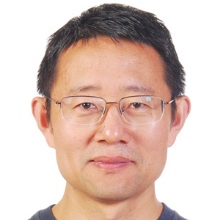
|
Guest Editor-in-Chief
Hong-Tao JIN
|
Read More
|
|
Professor, New Drug Safety Evaluation Center (NDSEC) of Chinese Academy of Medical Sciences & Peking Union Medical College
Dr. Jin is a professor and graduate student supervisor in the New Drug Safety Evaluation Center (NDSEC) of the Chinese Academy of Medical Sciences & Peking Union Medical College, in addition to being Vice General Manager of Beijing Union-Genius Pharmaceutical Technology, Ltd. He mainly engages in drug safety evaluation and studies of the toxicity mechanism and effectiveness of protective drugs against poisoning. He also is committed to the application of alternative methods, such as the use of zebrafish and cell models in pharmacotoxicology. His research focuses on the effect and toxicity of Traditional Chinese Medicine and Natural Products, together with the application of new technologies and methods in pharmacotoxicology, such as Space Mass Spectrometry Imaging technology. Financial support for his research is provided by the National Science and Technology Major Projects, the National Natural Science Fund and Chinese Academy of Medical Sciences-CAMS Innovation Fund. He received the outstanding presentation award for young scientists at the Annual Meeting of China Drug Toxicology in 2012 and the IUTOX 2015 SOT AstraZeneca Award. Dr. Jin is an active member of the Chinese Society of Toxicology.
|
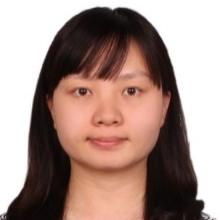
|
Co-Guest Editor
Shi-Fen Dong
|
Read More
|
|
Doctor, School of Traditional Chinese Medicine, Beijing University of Traditional Chinese Medicine
Dr. Dong received her PhD in 2011. Her research group studies the pharmacological effects, molecular mechanisms, and related complications of traditional Chinese medicine in the treatment of obesity and diabetes mellitus. Her current interest focuses primarily on adipose tissue plasticity and mitochondrial fission-fusion dynamics in obesity research as well as the identification of novel herbal drugs using such therapeutic strategies. She is a principal investigator or co-investigator of several projects funded by the National Natural Science Foundation of China, Natural Science Foundation of Beijing Municipality, and others. Dr. Dong has published a series of peer-reviewed research papers in journals such as Diabetology & Metabolic Syndrome, Frontiers in Physiology, etc.
|
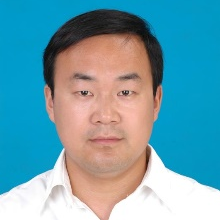
|
Co-Guest Editor
Bin Wang
|
Read More
|
|
Professor, School of Pharmacy, Shaanxi University of Chinese Medicine
Dr. Wang serves as a Professor of Pharmacology, the Dean of the Graduate School, and the Director of the Discipline Construction Office of Shaanxi University of Chinese Medicine. He is the leader of Pharmacology for the State Administration of Traditional Chinese Medicine, the director of the Chinese Pharmacological Society, a member of the Network Pharmacological Society of Chinese Pharmacological Society, a member of the Chinese Society of Toxicology, and the chairman of the Professional Committee of Chinese Medicine of Shaanxi Pharmacological Society.
His main research area is cerebral ischemic injury. He has been involved in research related to key projects and the development of new drugs for the Ministry of Science and Technology and has presided or finished over five projects (two National Natural Science Foundation Projects and three Key Projects of Science and Technology of the Ministry of Education and Shaanxi Provincial Department of Science and Technology). He has published more than 80 papers. He has received six scientific research awards from the Shaanxi Provincial Department of Science and Technology and Department of Education. He was selected as an excellent master graduate of Shaanxi University of Chinese Medicine and received the award of Beijing excellent doctoral thesis. He is a chief engineer of small- and medium-sized enterprises in Shaanxi Province and was named excellent Science Worker in Xianyang City.
|
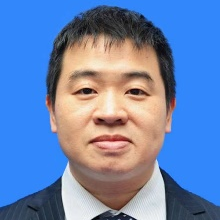
|
Co-Guest Editor
Zeng-Yan Yang
|
Read More
|
|
Associate Chief Pharmaceutist, Guangxi International Zhuang Medicine Hospital
Dr. Yang is a master tutor at Guangxi University of Chinese Medicine and serves as an evaluation expert for the National Natural Science Foundation of China and as an expert in the evaluation of Guangxi Traditional Chinese Medicine and Ethnic Medicine. He is the Deputy Chief Pharmacist of Guangxi International Zhuang Medical Hospital. He is the reserve subject leader of the National Twelfth Five-Year Key Discipline and Zhuang Medicine Discipline. His main research area is liver fibrosis, including the research and development of traditional Chinese medicine and Zhuang medicine to treat liver fibrosis. His team is devoted to the study of pharmacodynamic substances and the mechanism of action of ethnic medicines, which provides a theoretical basis for the field of anti-liver fibrosis.
|
Important Dates
Submission open date: July 21, 2022
Submission deadline: June 30, 2023
|